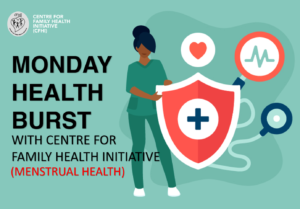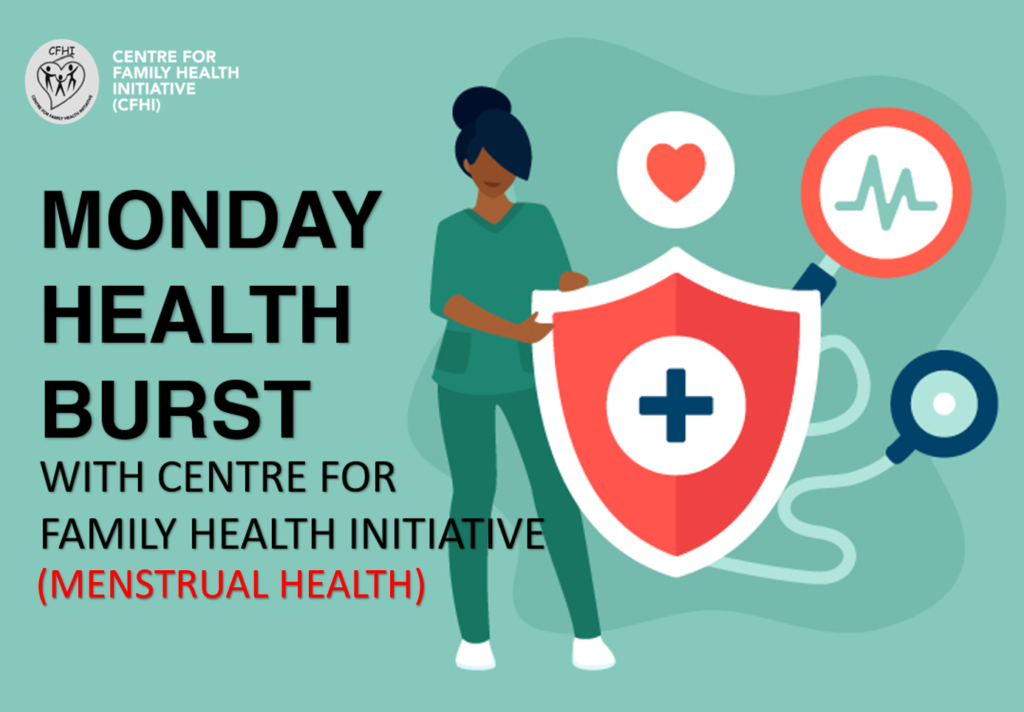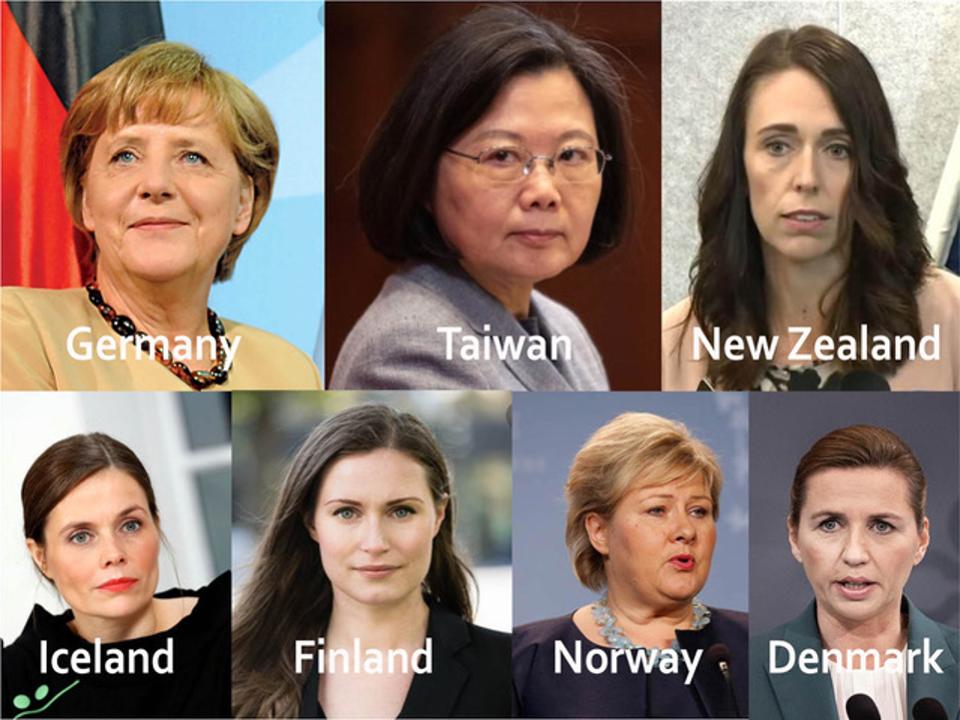SPEAK WEDNESDAY – MENSTRUAL HEALTH

Menstrual health is about access to menstrual care products to absorb or collect menstrual blood, privacy to change the materials, and access to facilities to dispose of used menstrual care materials. It can also include the “broader systemic factors that link menstruation with health, well-being, gender equality, education, equity, empowerment, and rights”. It can be particularly challenging for girls and women in developing countries, where clean water and toilet facilities are often inadequate. Then with the pandemic “COVID-19” Menstrual care has been a difficult task to uphold, hence Menstrual flow will not stop due to the pandemic.
Adequate measures have to be taken to ensure that young ladies and women from the poor of the poor in Africa as a continent, Nigeria as a country are reached and are sensitized and provided with sanitary pad both usable or reusable so that their state of confidence does not diminish into thin air, while struggling to conform themselves with the societal norm. Community training should not stop in helping them know how the waste should be discarded in an environmentally friendly way, which is largely ignored during this pandemic period in developing countries, despite it being a significant problem.
Menstrual Hygiene Day offers an opportunity to actively advocate for the integration of menstrual care into global, national, and local policies and programs. In Nigeria, CFHI has over the years carried out adequate sensitization programs to curb or reduce to the minimum the problem of menstrual care. Since menstruation would not stop or pause as a result of COVID-19 pandemic then we (CFHI) won’t stop in making sure that our young ladies and women are continuously sensitized about Menstrual Health and how to make sanitary pad available too.



